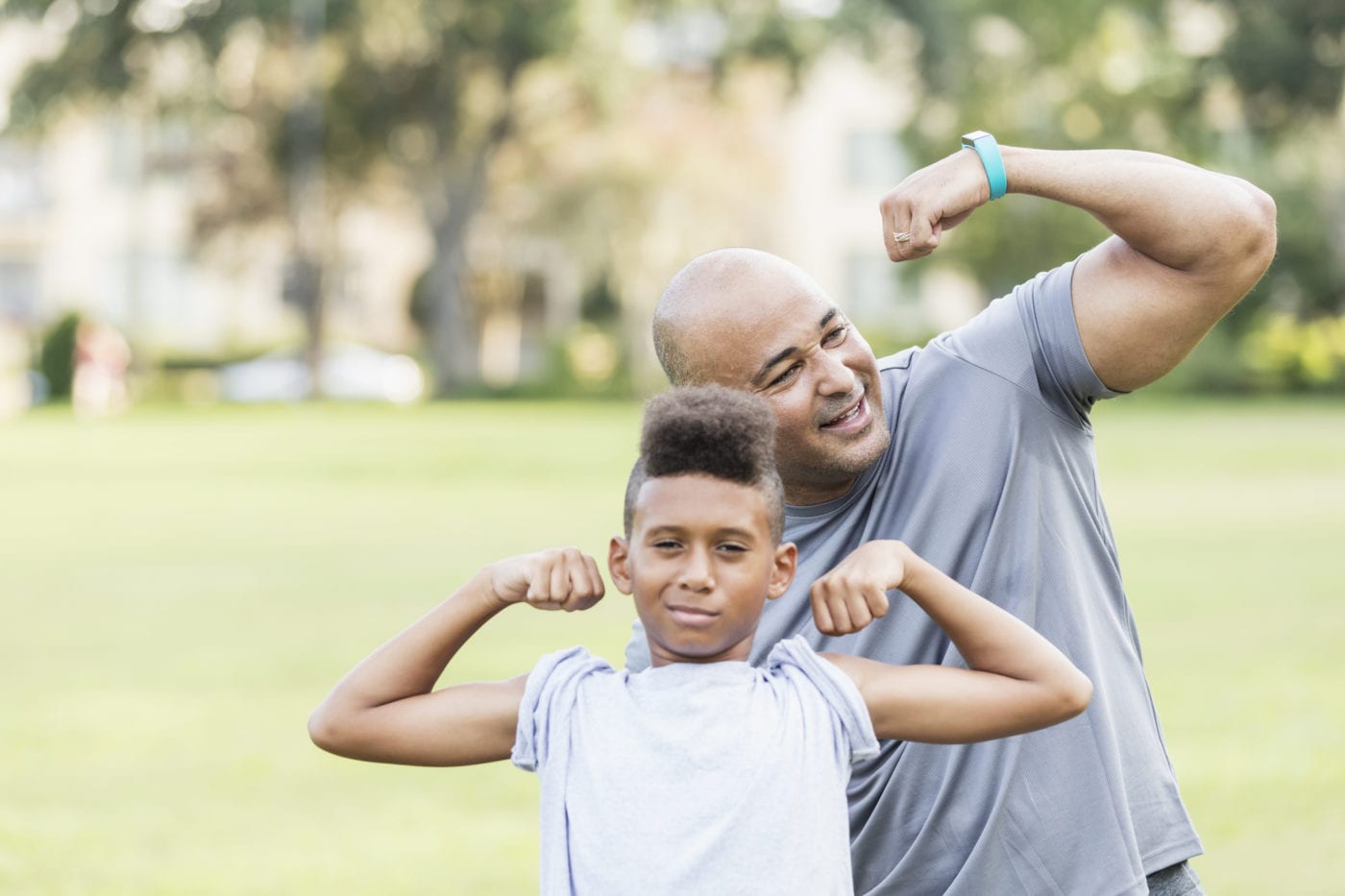Like the rest of the world, I watched the 2024 Olympic Games, held in Paris, and marveled at the athletes’ abilities. Noah Lyles in particular stood out. He ran his best race on the world stage, winning the men’s 100-meter dash by five-thousandths of a second! He trained for years to win that gold medal and get the title of fastest man in the world. How can we get as good at what matters to us as Noah is at running? How do you prioritize improvements?
The answer is baby steps. It doesn’t happen all at once. Champions happen one day at a time, one drill at a time, one rep at time. By doing the little things well over and over again, athletes improve incrementally. The same thing happens for us away from competition. One day at a time. One conversation at a time. One lesson at a time. When we focus on improving every day, good things happen. What kinds of good things? Here are 5 outcomes when improvement is the goal.
1. You’re more prepared.
Getting better at anything doesn’t happen by accident. You must prepare. Professional golfers don’t show up on the first tee and hit their first shot in weeks with the crowd watching. No, they’ve hit 10,000 balls on the driving range and spent hours on the putting green to get ready. Whether it’s a sport, learning a new language, or planning dates with your wife, improving means doing the little things to get better each day. You’ll become more prepared and won’t be overwhelmed when you arrive at your moment.
2. You’re more present.
Distraction often leads to defeat. Lyles would have lost his 100-meter race if he’d been daydreaming. To win, he had to be present. Not just in that moment, but in every practice race he’d run for years leading up to the start of that Olympic final. When you meticulously pore over every detail during the improvement grind, it will help you home in on what it takes to make gains. For Lyles, it was foot positioning, breathing, and stride length. For you, it may be putting your phone away, making eye contact during conversations, or creating margin in your schedule. When we are focused on getting better, it results in us becoming more present in the moment.
3. You’re more self-aware.
If your goal is to improve, then you have to look at yourself and assess where there’s room to improve. We did this in the NFL every year. We’d sit down with our position coaches after the season and go over things to work on. To be a better player in the future, we had to develop self-awareness. The same goes for you. Take stock of the areas where you can improve. Maybe you want to be a better listener or communicator, or you want to build your patience. Ask a trusted friend to point out any blind spots. Improving in those areas starts with knowing what has to grow.
4. You’re more “spongey.”
Imagine wanting to build a bookshelf. You’re not a carpenter, so you go to the store to pick up the necessary tools. While you’re there, you ask an employee for some advice. Then you get a book on Amazon. Then you find a local carpentry group. All the while, in your pursuit of helpful tips, you’re learning from people who know more than you. This is one of the most fun parts of trying to get better at something. There is always someone out there who has been there, done that. When we truly want to improve, we become “spongey,” soaking up useful information. Someday, we get to play the role of teacher ourselves.
5. You’re more humble.
If you want to improve, it’s because you know you’re not the best you can be. Even if you’re incredibly accomplished to this point, that doesn’t mean you’ve peaked. Tom Brady, winner of seven Super Bowls, would still spend long hours in the summer throwing passes to his receivers because he wanted to get better. The routes could always be crisper. The timing could always be smoother. It should foster humility when you recognize improvement is still possible. It shows we’re all a work in progress, and that is exciting.
Sound off: How do you prioritize improvements in your life?











Huddle up with your kids and ask, “What does it mean to improve?”